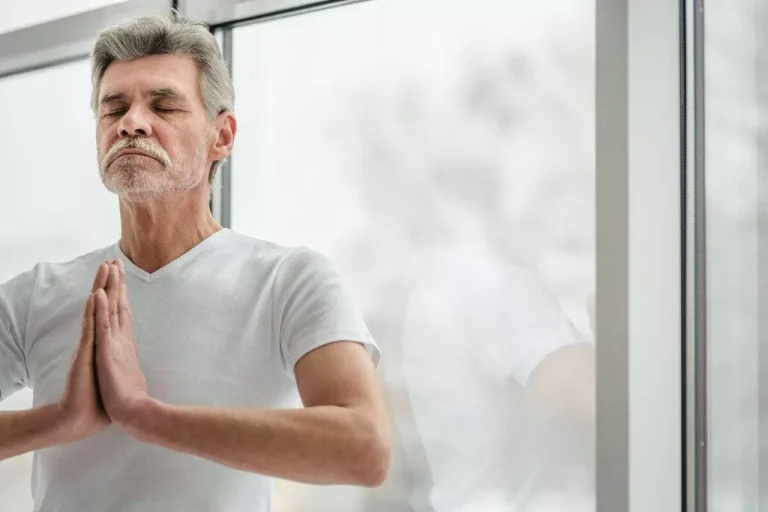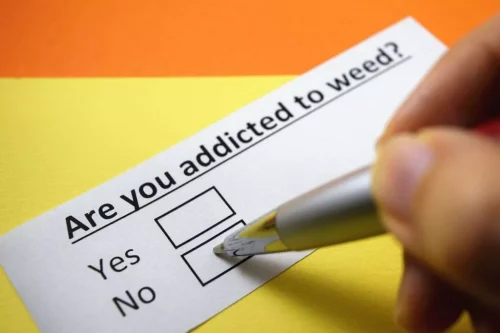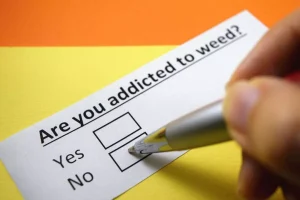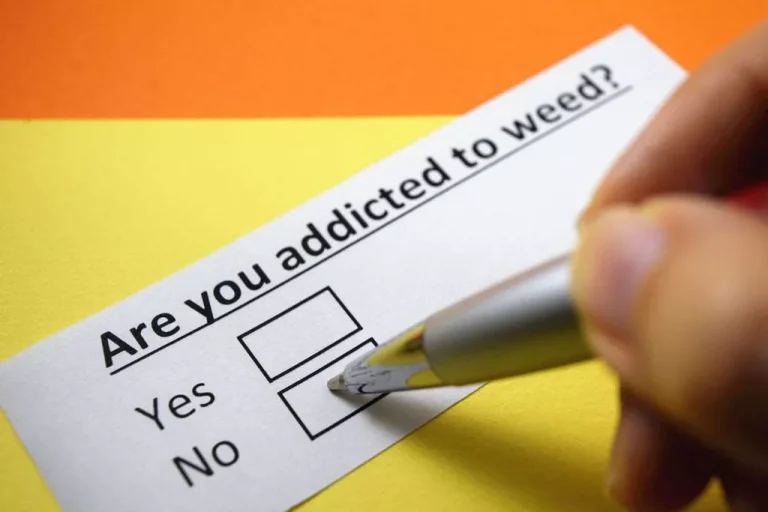
Social situations, parties, and family gatherings can all be potential landmines. sober holidays With a bit of planning, you can navigate the season while maintaining your sobriety and enjoying the festivities. Our group of addiction experts understands the unique difficulties that the holiday season can bring for those in recovery, and we offer personalized strategies to maintain sobriety. The holiday season, while often celebrated as a time of joy and togetherness, can be a challenging period for those in recovery from addiction. The emotional triggers, social gatherings, and heightened stress that accompany this time of year can increase the risk of relapse.
Whether you need to talk through challenges, adjust your treatment plan, or access resources, we’re here to help. The holidays are not just about surviving—they’re about thriving. With the right tools, support, and mindset, you can embrace the season as a time of growth, connection, and celebration. Whether it’s through new traditions, acts of kindness, or personal reflection, let this holiday season be a testament to your strength and resilience in recovery. When it comes to tips to stay sober self-care is at the top of the list.
The pressures and high expectations we place on the holiday season sometimes cause us to feel overwhelmed with stress and anxiety rather than merriment. The holidays can be stressful, which can be a major trigger for relapse. Rehab provides a safe and supportive environment to manage stress and develop coping mechanisms. If you need extra support on your recovery journey, we can help. Setting boundaries is essential for protecting your sobriety during the holidays.

Alcohol consumption tends to increase during this period, leading to heightened anxiety and depression for those in recovery. This can place individuals at a greater risk of returning to old habits or seeking treatment again. Holiday parties, added family gatherings, travel, isolation, and self-imposed expectations to feel the “holiday spirit” are just some of the stressors that may trigger a relapse. Society seems to embrace seasonal binge drinking, making it even harder to steer clear of alcohol-related triggers at social gatherings. The pressure to be cheerful despite feeling overwhelmed or sad can make addiction struggles more challenging to manage.
Check if your hotel or resort offers a selection of non-alcoholic drinks. From work to managing family and friend obligations, one can easily become overwhelmed. Evidence suggests the holidays are typically very stressful for most. A study on relapse prevention highlights that poor self-care is a common precursor to emotional relapse. Use the acronym HALT—hungry, angry, lonely, tired—to check in with yourself regularly. Recognize when you’re neglecting your emotional, physical, or psychological well-being, and take steps to address those needs.

Other tried and true stress busters are taking a walk in nature, journaling, or sharing your feelings with a loved one. Remember, you have every right to decline these invitations or just stay for a short while. People may feel a bit disappointed but your true friends will respect and even applaud your sobriety efforts. At Ria, we offer weekly meetings with certified counselors to help members stay on track and build skills for long-term change. Ria Health offers several FDA-approved medications for alcohol use disorder. When combined with counseling, this approach is proven highly effective.

This involvement can strengthen the sense of community and belonging, which is essential during recovery. Participation in charitable activities aligns well with sobriety goals, supporting emotional well-being and reinforcing a positive mindset. Social connection is key to staying on your recovery journey. If you need help during the holidays, you can always contact a mental health counselor or treatment center.
Discover what a dual diagnosis treatment program entails and how it supports recovery from =https://ecosoberhouse.com/ co-occurring disorders. Explore the need for drug addicts’ recovery, from barriers to treatment to empowering therapy approaches. Discover why mixing prescription drugs with alcohol is dangerous and the risks it poses to health.

At family gatherings and social events, tote around your favorite non-alcoholic drink. People won’t feel so inclined to offer you a drink, and they won’t get the chance to pester you about your sobriety. Sober Holidays Tip #15 Remember that being in recovery doesn’t mean instant heaven or Sober living house a perfect life. Coming to grips with the idea that sobriety is not instant heaven is an important step in recovery.